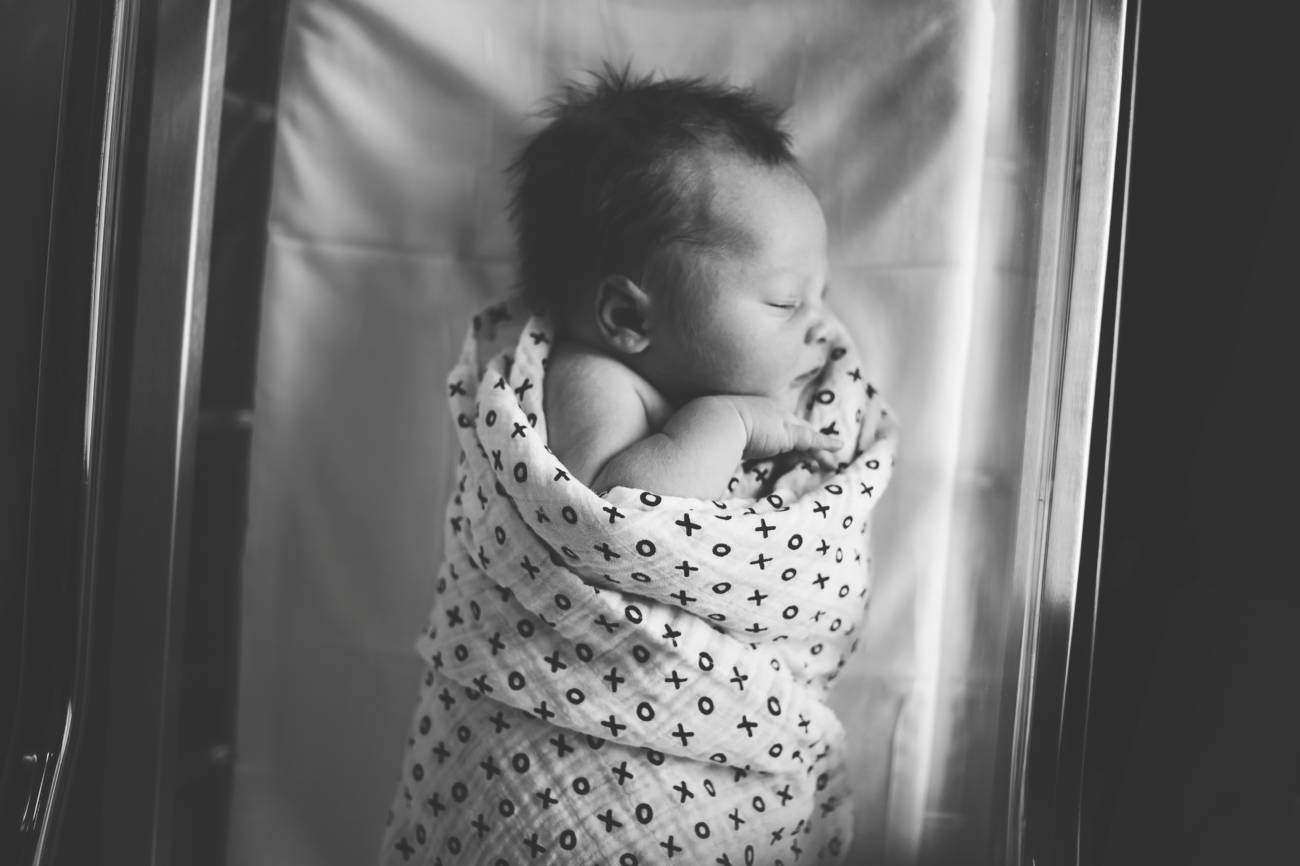After waiting nine months for their arrival, it will be a relief that your son or daughter has arrived safely into the world. However, adjusting to motherhood can be a challenge, especially if you have just given birth.
 Photo by Julie Johnson on Unsplash
Photo by Julie Johnson on Unsplash
You will, however, be happy to learn that every problem you face has a solution so that you can move forward with your life. To ensure you remain in perfect health, here are effective ways to resolve common post-pregnancy issues.
It is only natural to be a little scared when you find your hair is falling out after pregnancy. However, don’t panic, as it’s a natural part of the process. Most women stop shedding hair for 40 weeks during pregnancy, which is why your locks might have felt fuller and thicker than ever before. After the baby is born, all that hair will start to shed, but you can trust that any extra you lose will grow back within 10 to 12 weeks.
Many women will endure back pain during pregnancy, and lower back aches can be a sign that you will experience some form of postpartum pain. If you are currently pregnant, it’s a wise idea to seek treatment for your back pain. If you have recently given birth, you must be treated if the pain lasts longer than six to eight weeks, or you will be more susceptible to recurring problems.
Unfortunately, many women will suffer from urinary incontinence following childbirth. However, all you’ll need to do is embark on pelvic floor exercises to strengthen your muscles to take control of your bladder.
Simply squeeze and draw your buttocks, or squeeze around your bladder tube, before relaxing your muscles for one second and then repeat until your muscles feel tired. Try to perform the exercise between four to six times each day. To protect yourself from bladder leakage, consider wearing incontinence products.
Childbirth causes a lot of trauma to the body, and many women experience weakening of pelvic floor muscles, causing bladder leakage and pelvic organ prolapse (POP). Incontinence and POP can be treated with the help of a pelvic floor physiotherapist, who will take a hands-on approach in the form of massages and putting pressure on certain areas to help relax, stretch, and strengthen the pelvic floor muscles. The physical therapist will also guide you through the right exercises, like Kegels, to boost your pelvic floor muscles and help manage incontinence and POP.
Giving birth will often lead to the development of bigger breasts, which is due to the increased blood flow to your breast milk. Your breast size will more than likely peak after two or three days following childbirth, so they might feel a little sore and hard.
If you have chosen to breastfeed, you might find it will settle after a few days of nursing your baby. You also can apply a warm pack prior to breastfeeding and a cold pack afterwards. If you have chosen not to breastfeed, it might take a few weeks for your breasts to shrink in size, so buy a comfortable bra, apply ice packs and take ibuprofen to alleviate some of the pain.
As you will have experienced increased blood volume and shifting hormones throughout pregnancy, you will be more susceptible to both cavities and gum disease once you’ve had a baby, which is why you must book a dentist appointment as soon as possible. The hormonal changes and changing fluid levels can also lead to dry eyes or blurred vision, so don’t forget to make an appointment with an optometrist, too!
This is a collaborative post.